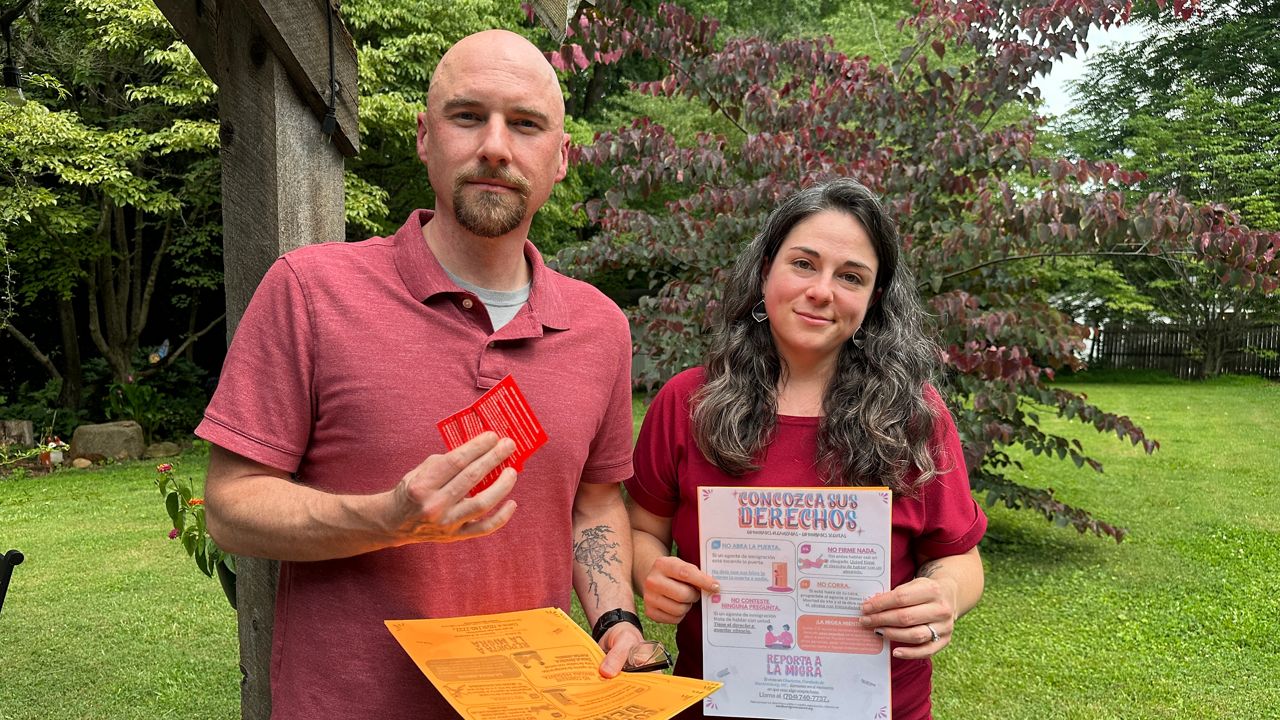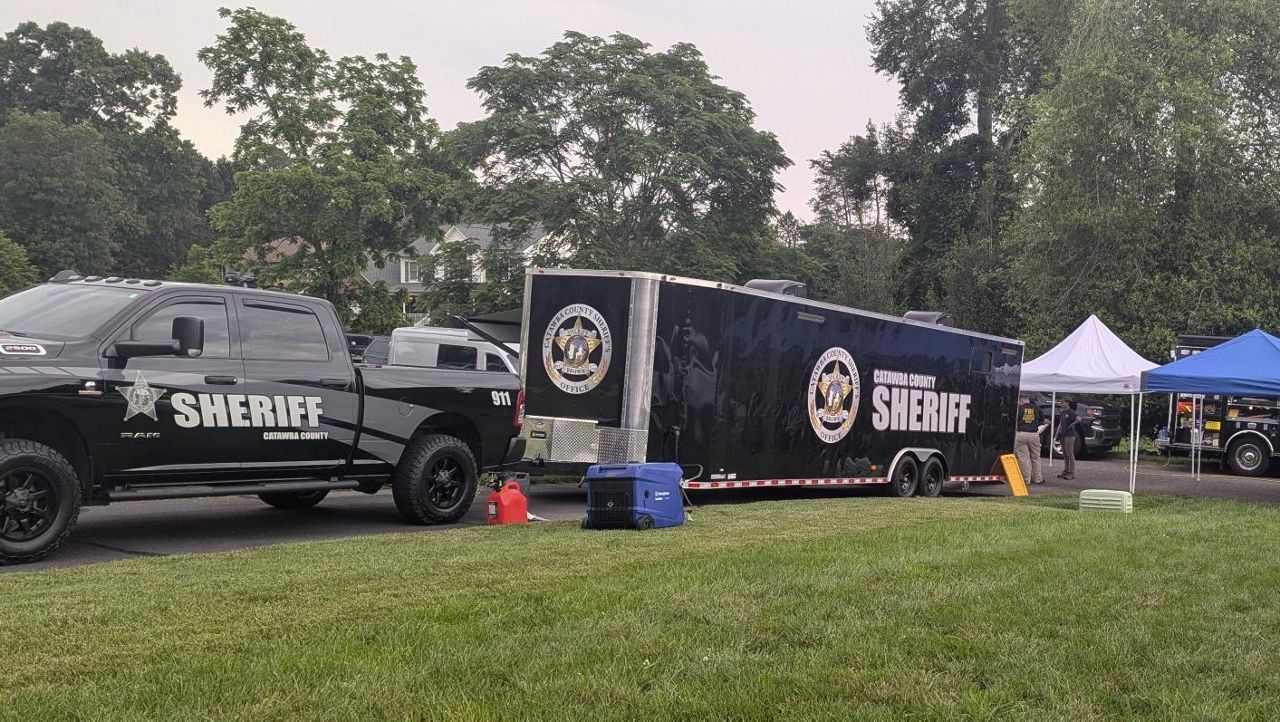WINSTON-SALEM, N.C. — North Carolina’s population is aging, and that demographic shift comes with shifting needs.
A North Carolina Department of Health and Human Services report states that by 2028, 1 in 5 people in North Carolina will be 65 or older. The report says that by 2031, there will be more senior citizens in North Carolina than people under 18 years old.
Senior Services president and CEO Lee Covington said North Carolina has a fairly well-developed aging network, but inflation and increasing demand for services present challenges.
“The unfortunate truth is that the government funding for a lot of those programs has not kept pace through the years,” Covington said.“The unfortunate truth is that the government funding for a lot of those programs has not kept pace through the years,” Covington said. “Those organizations like ours who are providing those services are having to engage in additional and more creative fundraising to make sure we have the resources to meet those ever-growing needs.”
A tremendous one is the need for connection. JoAnn Agnew, a senior citizen who lives in Winston-Salem, said she enjoys opportunities for social and emotional bonding at the Brown and Douglas Neighborhood Center. She participates in programming ranging from chair volleyball to the Senior Services lunch.
“I get to see my friends and then the activities … just an enjoyable time in the morning. I look forward to it,” Agnew said.
Brown and Douglas Center volunteer Ralph Austin said overall, he believes North Carolina is doing a fair job of taking care of its seniors, but there is room for improvement.
“There are some things that they could do with the seniors, like give them a better break with their insurance on their cars and whatnot, because a lot of seniors don’t do all our driving, but yet, still their insurance and the taxes are high,” Austin said.
Covington said there is not a one-size-fits-all approach to caring for seniors, and their needs might vary across the state.
“What I think is going to be important for organizations such as ours to do is to continue to effectively listen to the voice of older adults, because communities need to respond to the unique needs of their community and to what older adults want and need,” Covington said.
As North Carolina’s population ages, he said it will become even more critical to ask questions and be prepared to respond to the answers.








